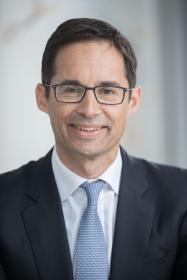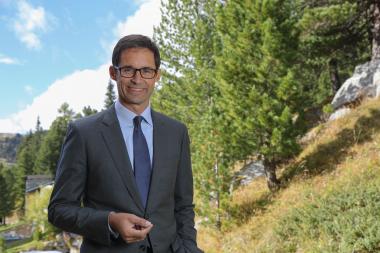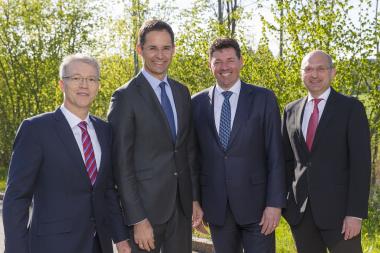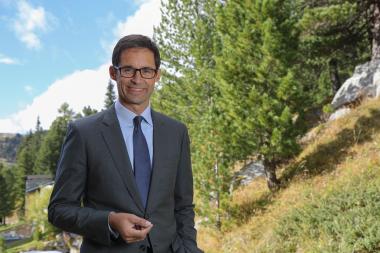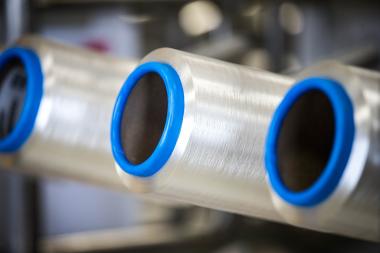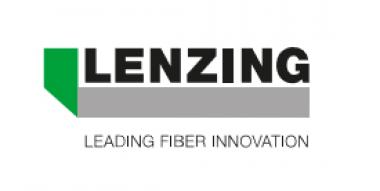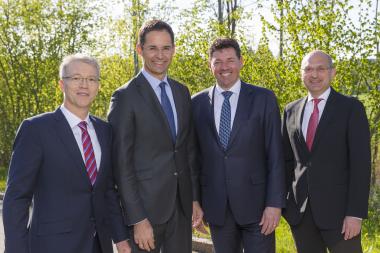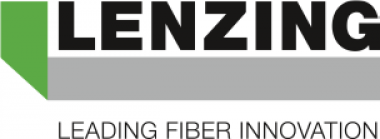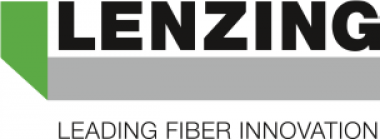FASHIONSUSTAIN: Konferenzformat erfolgreich gestartet
Die von der Messe Frankfurt organisierte Konferenz FASHIONSUSTAINBERLIN übertraf mit ihrer Premiere die hohen Erwartungen der Veranstalter.
Am 17. Januar 2018 fand die neue Konferenzplattform, die sich verantwortungsbewussten Innovationen in Mode und Textil widmet, erstmals im Kraftwerk Berlin statt. Eingebettet in das Messe-Duo Greenshowroom und Ethical Fashion Show Berlin bildet die Kombination von Messe und Konferenz Europas größte Plattform für nachhaltige Mode.
Die im Rahmen der Berlin Fashion Week von der Messe Frankfurt erstmals organisierte Konferenz FashionSustain stellte im Laufe des Tages Themen wie innovative Technologien, nachhaltige Materialien und Prozesse, Kreislaufkonzepte sowie Beispiele für deren industrielle Anwendung in den Fokus. FashionSustain wendete sich ebenso an die Profis der Modebranche wie an ein interessiertes, multidisziplinäres Fachpublikum und fordert dieses dazu auf, sich einem kritischen Diskurs über die Zukunft der Modebranche zu stellen. Den gesamten Tag über war das Auditorium sehr gut gefüllt.
„Die erfolgreiche Symbiose von Messe und Konferenzformat, von Produkten und Content ist ein zukunftsweisendes Format. Wir schaffen so einen Raum für interdisziplinäre Interaktion. Vordenker und Stakeholder unterschiedlichster Segmente der Mode- und Textilbranche treten in einen Dialog und inspirieren sich wechselseitig.“, erläutert Olaf Schmidt, Vice President Textiles and Textile Technologies der Messe Frankfurt den innovativen Ansatz. „Besonders gefreut haben wir uns über den großen Zuspruch der Zuhörer, jeder Vortrag war sehr gut besucht. Das bestätigt uns in der Zusammenstellung des progressiven Programms.“, so Schmidt weiter.
In diesem Kontext ist auch die erstmalige Kooperation von Messe Frankfurt und Premium Group für die beiden Konferenzformate FashionSustain und #Fashiontech zu verstehen. Letztere, mit Fokus auf Technologie und Digitalisierung, ist ebenfalls ins Kraftwerk gezogen, wo sie am Dienstag, dem 16. Januar 2018 den Auftakt zu einem zweitägigen Content-Hub rund um zukunftsorientierte Innovationsthemen in der Mode- und Textilbranche machte. Am Mittwoch, den 17. Januar 2018 widmete sich die FashionSustain mit ihrem zentralen Thema „Run for Circularity“ den aktuellen Entwicklungen und Potenzialen jüngster Technologien und zirkulärer Prozesse für eine nachhaltigere und effizientere Zukunft der Textil-, Mode- und Sportindustrie.
In ihrer emotionalen und inspirierenden Opening-Keynote betonte die Umweltaktivistin und Filmemacherin Alexandra Cousteau (Good Impact Foundation) die Dringlichkeit, eine bessere Zukunft für die kommenden Generationen zu sichern. Ellen Karp, Gründerin der Strategie- und Trendagentur Anerca International, gab im Anschluss Einblicke in eine neue Studie, die im Auftrag der Oeko-Tex Gemeinschaft erstellt wurde: „The Key to Confidence: Consumers and Textile Sustainability — Attitudes, Changing Behaviors, and Outlooks“. Im Anschluss reihten sich erstklassige Speaker der Textil- und Modebranche auf der Bühne der FashionSustain aneinander. Vertreter von Unternehmen wie Vaude, Adidas, Lenzing, DSM, Primaloft, Ecoalf, Pyua und Freudenberg gaben Einblicke in ihre neuesten Projekte und riefen zu einem bewussteren Umgang mit Ressourcen und einer transparenten Trial-and-Error-Kultur auf.
Parallel zur FashionSustain Konferenz näherte sich ein zweitägiger THINKATHON dem „Stoff der Zukunft“ auf unkonventionelle Weise. Aufgeteilt in vier Teams befassten sich 28 internationale Vor- und Querdenker verschiedener Wissenschafts-, Wirtschafts- und Kreativbereiche mit zwei Industry-Tasks, die von Zalando und dem Fashion Council Germany als Challenge-Hosts eingebracht wurden. Die Ergebnisse ihrer Design-Thinking-Konklave präsentierten sie in finalen Team-Pitches am Abend des 17. Januars 2018 im großen Auditorium. Die Ideen reichten dabei von „UX focused holistic labeling systems“ über „Supplier Partnership Programs“ bis hin zu einer „Curated Exchange Platform“.
Messe Frankfurt FASHIONSUSTAINBERLIN nachhaltige Mode Berlin Fashion Week THINKATHON
Kern Kommunikation, Alex Vogt







